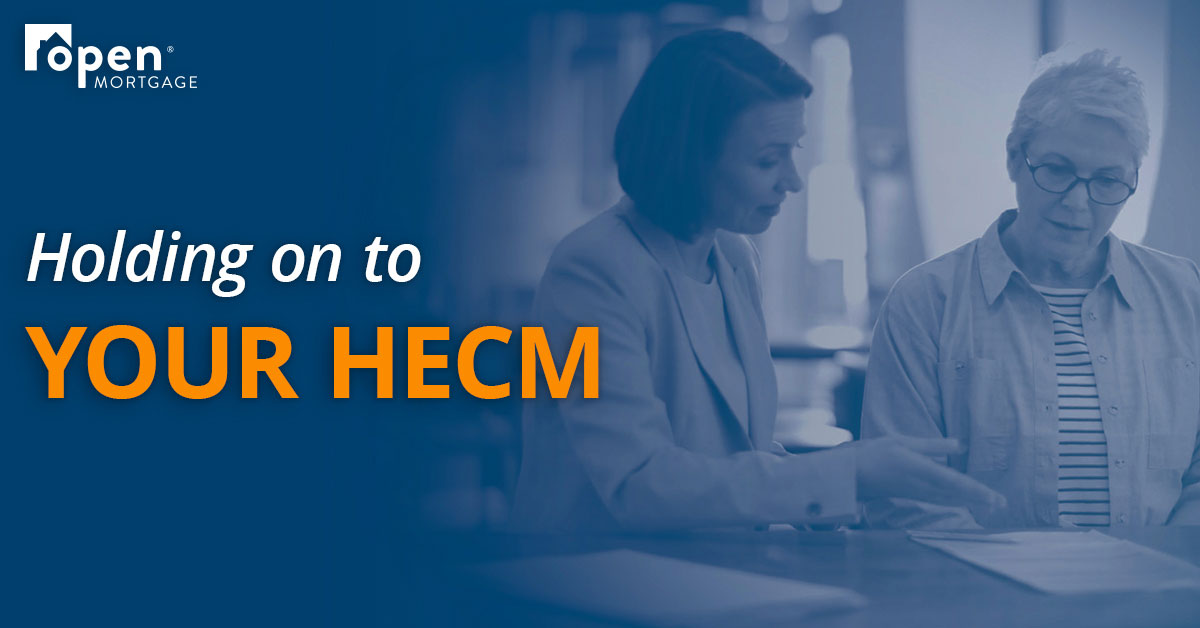
Holding on to your HECM

A reverse mortgage is a useful tool for retirees, but it also comes with several eligibility requirements and responsibilities. In this video, our CEO and founder, Scott Gordon, discusses how status changes can impact your HECM. Some of the topics he covers:
- Certifying that the property is your primary residence every year
- Paying your property taxes and homeowner’s insurance
- Keeping your home in good repair
Things to know about Reverse Mortgages:
- At the conclusion of a reverse mortgage, the borrower must repay the loan and may have to sell the home or repay the loan from other proceeds
- Charges will be assessed with the loan, including an origination fee, closing costs, mortgage insurance premiums and servicing fees
- The loan balance grows over time and interest is charged on the outstanding balance
- The borrower remains responsible for property taxes, hazard insurance, and home maintenance, and failure to pay these amounts may result in the loss of the home
- Interest on a reverse mortgage is not tax-deductible until the borrower makes partial or full re-payment





